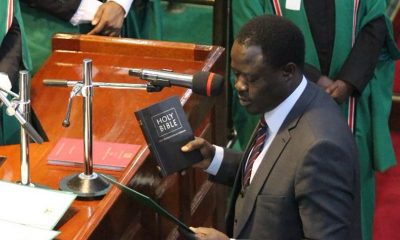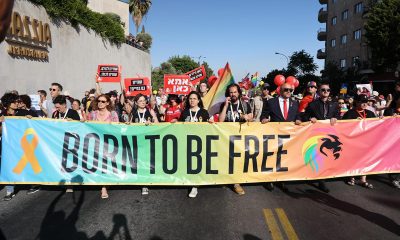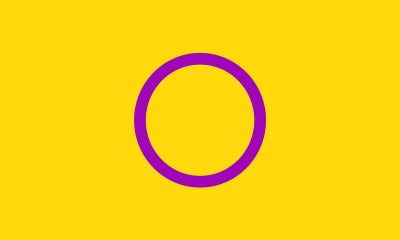Africa
Man convicted of murdering nonbinary lesbian in Kenya sentenced to 30 years in prison
Advocacy groups criticized sentence in Sheila Lumumba case
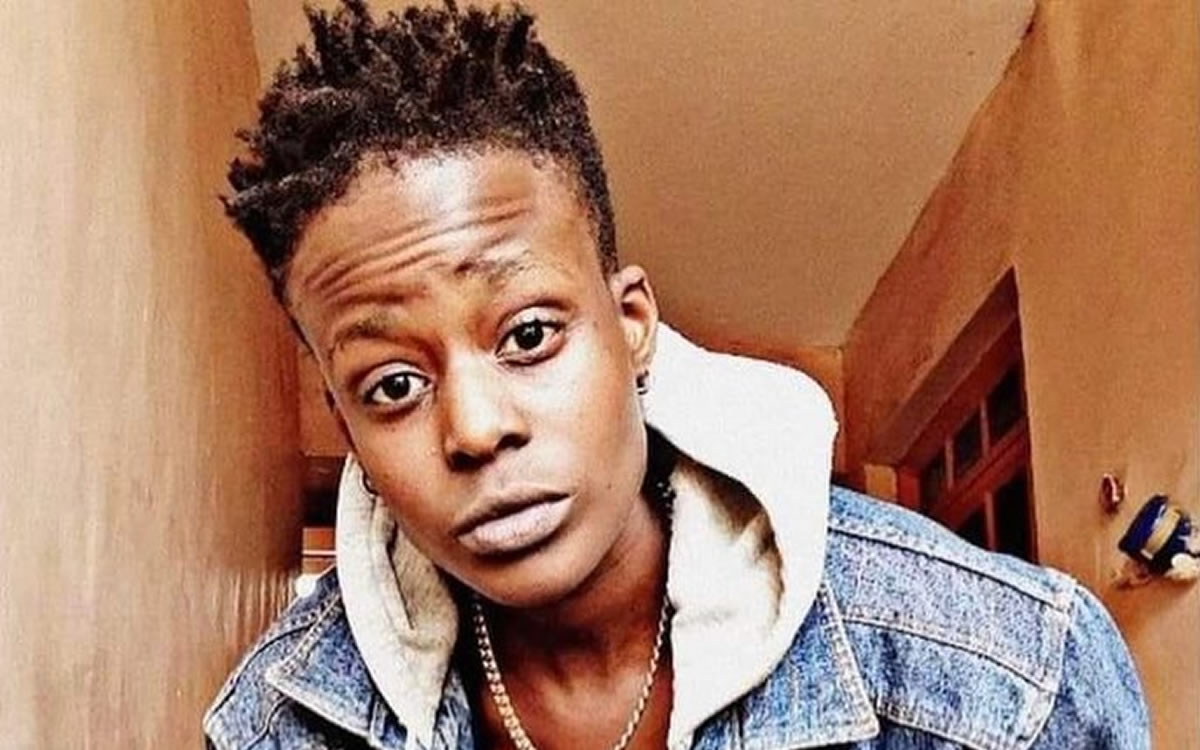
A Kenyan court has sentenced a man convicted of murdering a nonbinary lesbian person to 30 years in prison.
The Washington Blade previously reported authorities on April 17, 2022, found Sheila Lumumba’s body in their home in Karatina, a town in Nyeri County. Authorities said Lumumba had been raped before their murder.
The Nyeri High Court on Dec. 19 sentenced Billington Wambui Mwathi in connection with Lumumba’s murder.
Three Kenyan advocacy groups — the National Gay and Lesbian Human Rights Commission, galck+ and the Initiative for Equality and Non Discrimination — in a statement criticized the sentence.
“We express profound disappointment as the sentence falls tragically short of the justice Sheila deserves and the severity of the crimes committed,” it reads. “Sheila Lumumba’s murder on April 17, 2022, represented not only a heinous act of violence against an individual, but also an attack on the dignity and safety of the LGBTIQ+ community.”
“The leniency of this sentence sends a disconcerting message regarding the value placed on the lives of LGBTIQ+ individuals in our society,” adds the statement.
Africa
Lesbian South African MP named to country’s new Cabinet
Steve Letsike won a seat in the National Assembly on May 29
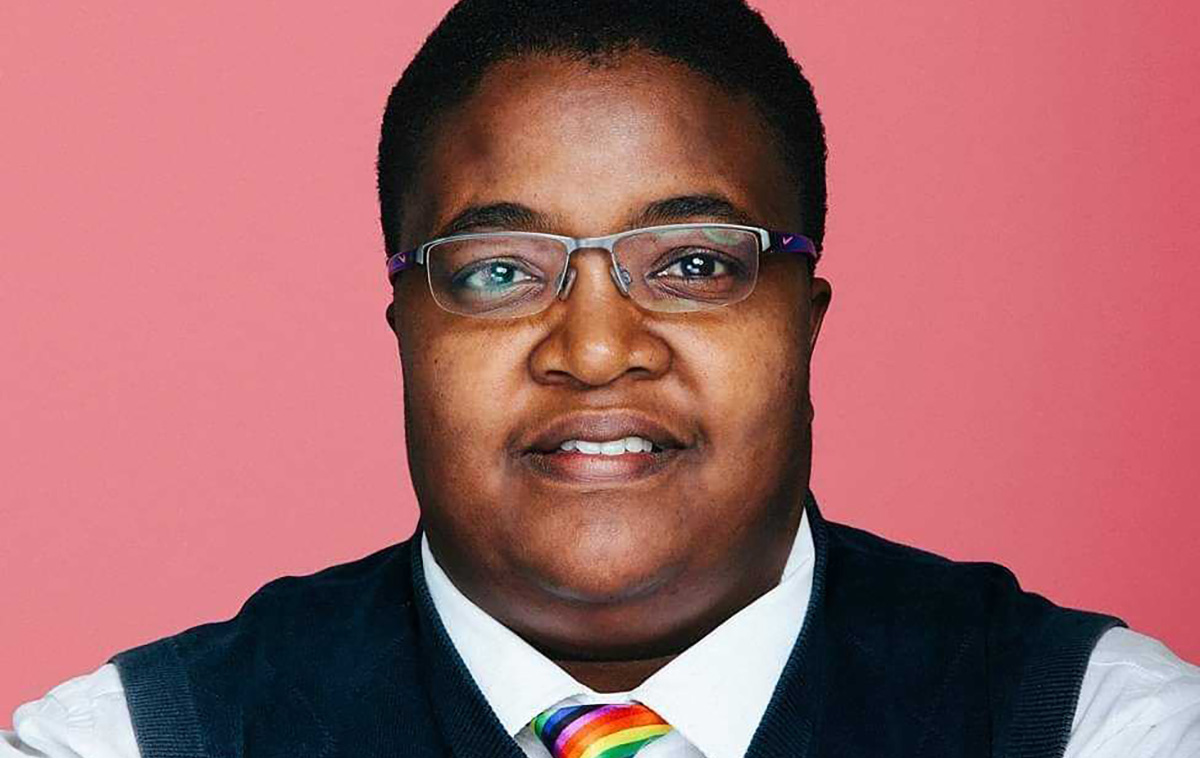
South African President Cyril Ramaphosa on Sunday appointed lesbian MP Steve Letsike to his Cabinet.
Letsike, founder of Access Chapter 2, a South African advocacy group who is a member of the African National Congress that Ramaphosa leads, will be the country’s deputy minister of women, youth, and people with disabilities.
Letsike won a seat in the South African National Assembly in national and provincial elections that took place on May 29.
The ANC lost its parliamentary majority that it had had since Nelson Mandela in 1994 won the South African presidency in the country’s first post-apartheid elections. Ramaphosa on Sunday announced Letsike and other new Cabinet members after the ANC and nine other parties agreed to form a National Unity Government.
The Washington Blade has reached out to Letsike for comment.
Africa
Congolese justice minister orders prosecutor general to arrest LGBTQ allies
Constant Mutamba issued directive on June 15, implementation unclear
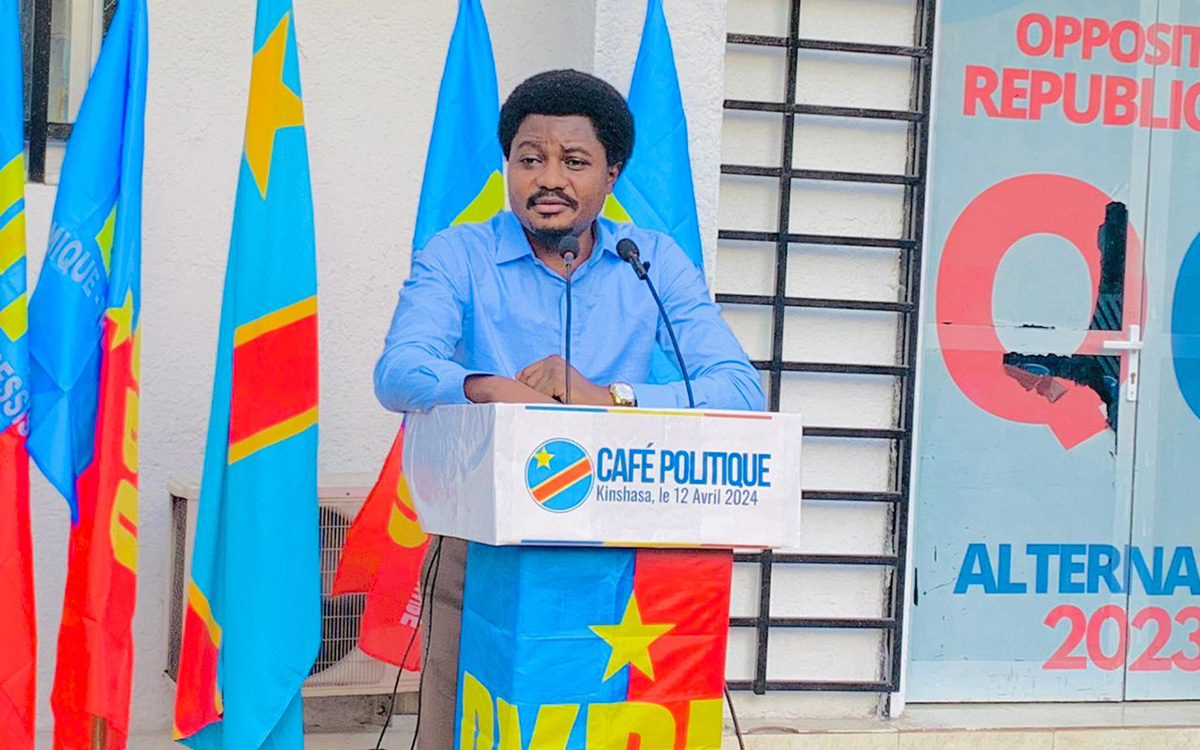
Congolese Justice Minister Constant Mutamba has instructed his country’s prosecutor general to arrest LGBTQ allies.
The newly appointed justice minister in a June 15 communique said the prosecutor general should initiate legal proceedings against people who advocate for the LGBTQ community in Congo.
Although same-sex marriages are constitutionally prohibited, there is currently no law that criminalizes consensual same-sex sexual relations. The communique has raised a lot of eyebrows from social and LGBTQ activists who are asking on what grounds Mutamba issued the communique.
“He could have started by initiating a bill in this direction, but in the current Congolese legislation he is missing the point,” said Jean Claude Katende, a Congolese human rights activist who is the president of the African Association of Human Rights. “If he wants to repress homosexuals, he must initiate a law which must make this behavior an offense and have it punished. He will be arrested for complicity in arbitrary arrests. The constitution is clear, no one can be prosecuted for an act which does not constitute an offense.”
Khelver Hermano, a Congolese social commentator, said the law should not be interpreted based on one person’s emotions.
“LGBT marriage is already not applied in the DRC but the minister wants to incarcerate those who do it informally without a legal basis,” said Hermano. “The law is not interpreted according to our will.”
“Does the penal code in the DRC recognize polygamy? Why don’t we arrest all these known polygamists?” asked Hermano. “Just as polygamists are not prosecuted, we cannot do so against LGBT people.”
Many Congolese people, however, have welcomed the communique, arguing same-sex relations are un-African and unorthodox.
Article 172 of the country’s penal code states a person “who commits a moral crime by exciting, facilitating or promoting to satisfy the passions of others, debauchery or the corruption of persons of either sex under or apparently under the age of 21 years shall be punishable by a prison term of three months to five years or a fine.” Article 176 says a person “who engages in activities against public decency shall be punishable by a prison term of eight days to three years and/or a fine.”
Although not entirely applicable, the prosecutor general can use these two penal code articles to initiate the arrests — the country in recent years has seen some arrests of LGBTQ people.
The June 15 communique is not the first time Mutamba has come out against the LGBTQ community.
Mutamba earlier this year introduced a bill that would criminalize acts of homosexuality. The proposal received widespread support, particularly on social media where many Congolese people described it as a turning point for the country and for the continent at large.
Although parliament has not formally debated the bill, activists are concerned it will pass without many major objections because most MPs have previously said they do not support the LGBTQ community. It remains unclear how the prosecutor general will executive Mutamba’s communique.
Africa
Prominent South African activist elected to country’s parliament
Steve Letsike founded Access Chapter 2

A prominent South African LGBTQ activist has won a seat in the country’s parliament.
Steve Letsike, a lesbian woman who founded Access Chapter 2, a South African advocacy group, is a member of the African National Congress. She is also part of the ANC’s National Executive Committee that determines the party’s direction.
Letsike won a seat in the South African National Assembly in national and provincial elections that took place on May 29.
The ANC lost its parliamentary majority that it had had since Nelson Mandela in 1994 won the South African presidency in the country’s first post-apartheid elections. MPs earlier this month re-elected President Cyril Ramaphosa after the ANC invited the Democratic Alliance and other parties to form a Government of National Unity.
Letsike in a statement to the Washington Blade described her election as “a milestone for the people of South Africa, and also affirmative of our party’s posture that is inclusive and intention to transformation agenda.”
“I am not in parliament for myself but the people that trusted the ANC to send individuals that will put people first,” said Letsike. “In that cohort that includes the LGBTI people like myself. Rooted in the teaching of a just society, that seeks equality and believes in the rule of law. That demand on developmental agenda from a queer lens and clear priorities of the people is important.”
“I am delighted by this task, trust and hope for our people,” she added.
-

 Canada1 day ago
Canada1 day agoToronto Pride parade cancelled after pro-Palestinian protesters disrupt it
-

 Theater4 days ago
Theater4 days agoStephen Mark Lukas makes sublime turn in ‘Funny Girl’
-

 Baltimore3 days ago
Baltimore3 days agoDespite record crowds, Baltimore Pride’s LGBTQ critics say organizers dropped the ball
-

 Sports4 days ago
Sports4 days agoHaters troll official Olympics Instagram for celebrating gay athlete and boyfriend

